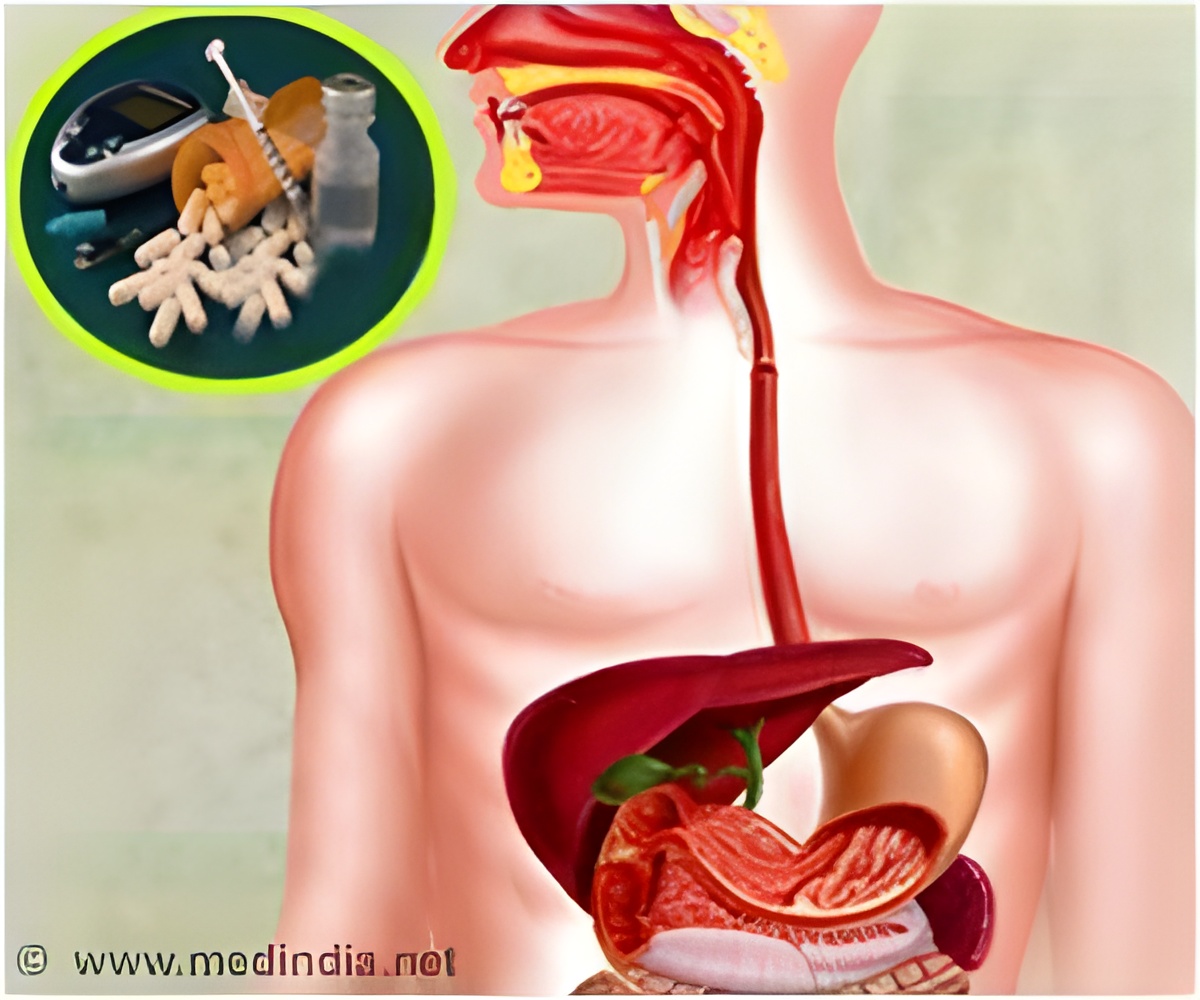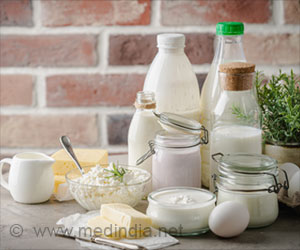Research has confirmed that snacking on high-fat and high-sugar foods is independently associated with abdominal fat and fatty liver (hepatic steatosis).

Obesity is a global health concern with the World Health Organization reporting that more than 200 million men and close to 300 million women were obese in 2008. In the U.S. the Centers for Disease Control and Prevention (CDC) report that 36% of adult Americans and 17% of children in the country are obese. Studies link obesity to the accumulation of abdominal fat and fat in the liver, making non-alcoholic fatty liver disease (NAFLD) one of the most prevalent diseases of the liver.
"American children consume up to 27% of calories from high-fat and high-sugar snacks," said lead author Dr. Mireille Serlie with the Academic Medical Centre Amsterdam in The Netherlands. "Our study examines if high meal frequency, with snacking, compared to large meal consumption contributes to increased intrahepatic and abdominal fat."
For the present study 36 lean men were randomized to a hypercaloric diet or a eucaloric control diet (balanced diet) for six weeks. Researchers measured IHTG and abdominal fat using magnetic resonance imaging (MRI) and insulin sensitivity before and after the diet. Those subjects on the hypercaloric diet ate 3 main meals along with additional calories from high fat and/or high sugar drinks, with or in between meals, to increase meal size or meal frequency.
Results show that high calorie diets increased BMI. Eating more frequent meals significantly increased IHTG, while larger sized meals did not. Researchers found that belly fat increased in the high fat/high sugar frequency group and in the high sugar-frequency group. A decrease in liver insulin sensitivity was found in the high fat/high sugar-frequency group.
Dr. Serlie concludes, "Our study provides the first evidence that eating more often, rather than consuming large meals, contributes to fatty liver independent of body weight gain. These findings suggest that by cutting down on snacking and encouraging three balanced meals each day over the long term may reduce the prevalence of NAFLD."
Advertisement
Source-Eurekalert















